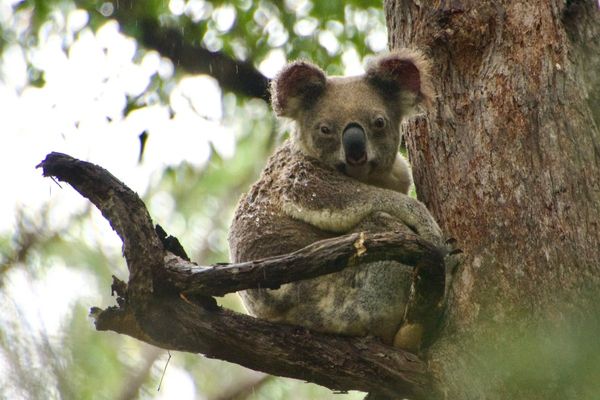Some people don't get COVID despite being exposed to the virus — a mystery researchers are trying to unravel.
Why it matters: Understanding the small cohort of "never COVID" people could lead to new vaccine targets or other protections as the world enters the third year of the pandemic.
- Various possibilities for how these people are protected are being tested: immune defenses stemming from other infections, human genetics, viral load or environmental factors. And then there's simple luck.
- The idea of resistant people may be "very intriguing," but "we don't know very often why someone did or did not get infected in sufficient detail to nail it," John Brooks, chief medical officer for the CDC’s COVID-19 Response Team, tells Axios.
Driving the news: Using a highly debated method called a human challenge study, a British trial deliberately exposed people who were unvaccinated and had no evidence of prior infection by placing a droplet of SARS-CoV-2 in their nose. They found 16 out of 34 participants did not get infected, according to the pre-print paper posted recently.
- The study is small and has not yet been peer-reviewed, but it appears to support anecdotal evidence that sometimes people in close contact with contagious people are not getting sick or not testing positive for the virus.
- The "most surprising finding" was that roughly half of the participants became infected after exposure to the very smallest dose possible, says study co-author Peter Openshaw, professor of experimental medicine at Imperial College London.
- And, the number of people with apparent resistance raises a key question: "Why is it that some people are more vulnerable than others?" Openshaw says.
The latest: Researchers are now trying to zero in on that question.
1. Cross-immunity from the four endemic human coronaviruses is one hypothesis. Those other coronaviruses cause many of the colds people catch and could prime B-cell and T-cell response to this new coronavirus in some people.
- There's no compelling evidence one way or the other yet, Brooks says. But, infectious diseases often prompt some longer-term immune memory that can provide some assistance, he adds.
- It's also possible people didn't realize they had a prior asymptomatic COVID infection and gained enough immune cell memory to offer some protection.
2. Multiple genetic variations may make someone's immune system more or less susceptible to the virus.
- "I think there's probably something approaching 20 different genes already described that affect the likelihood of developing severe infection," Openshaw says.
- A genetic predisposition to not getting infected "is seen in other diseases where people have one or multiple factors that interfere with the virus binding to cells or being transported within," says Gigi Gronvall, an immunologist and senior scholar at the Johns Hopkins Center for Health Security.
- This rapidly evolving field offers promising research but "really isn't ready for prime time yet," Brooks says.
3. Mucosal immunity may play an underrecognized role in mounting a defense.
- If someone's mucosal system is healthy and able to respond to a range of invading pathogens, "it will often counter the infection before the immune system involving antibody and T-cells and all of those other things has time to step in," Openshaw says.
- This is also a reason experts say nasal vaccines and boosters are being explored as a possible part of the regimen, as the "vaccine may work better if it's introduced the same route that the pathogen itself takes," Brooks says.
4. Where the virus settled on the human body, how large the particle was, the amount and length of exposure, how good the ventilation was and other environmental circumstances may also play a role, Openshaw says.
The bottom line: Vaccination and boosters, wearing masks, washing hands and good ventilation remain our most important tools in preventing infection or mitigating symptoms, Brooks says.
- Research into the "never COVID" cohort is important for potential medical countermeasures, but "I hope that people don't think they're superhuman" and protected against SARS-CoV-2 just because they haven't gotten it yet, Gronvall says.
Editor's note: This story originally published on Feb. 10.







